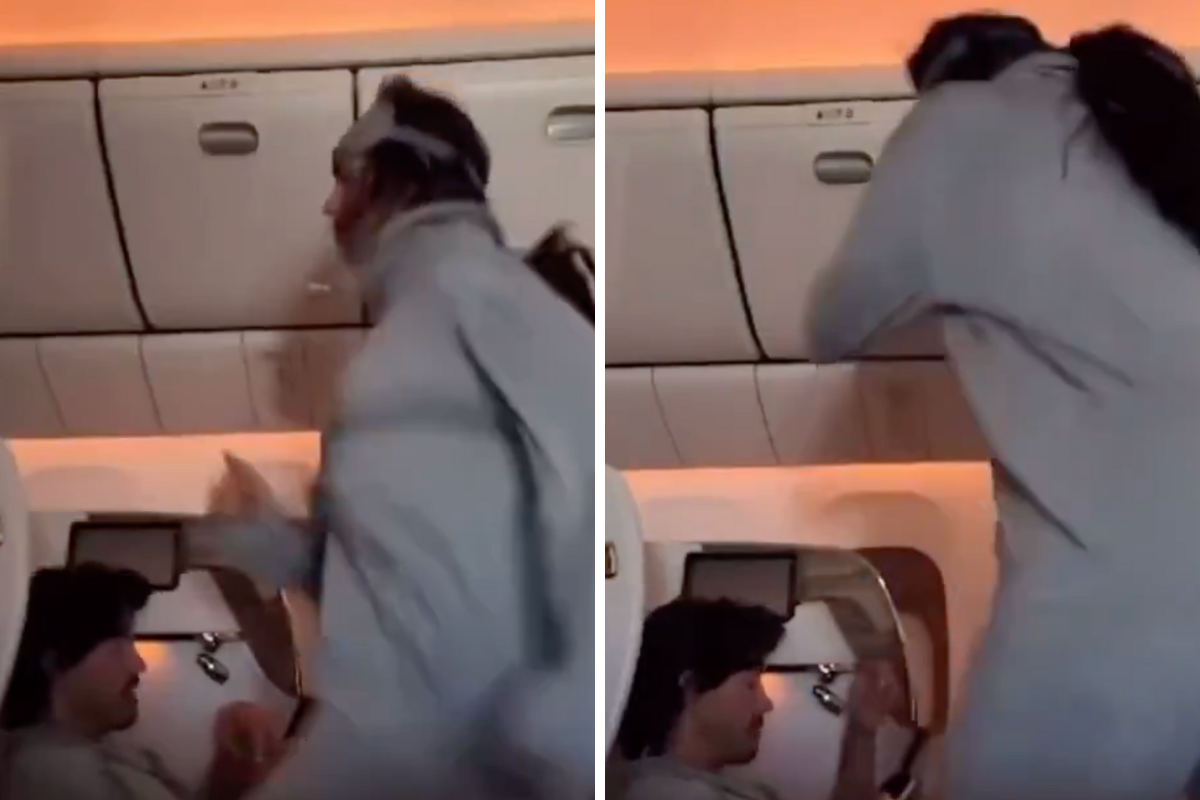Gambling
Gambling interests raise the stakes to win North Carolina • NC Newsline

Last year, casino builders from Las Vegas to Baltimore thought they had cracked open North Carolina for at least three new “entertainment centers,” thanks to a plan backed by the uber-powerful Sen. Phil Berger.
But then people living near proposed casino sites pushed back, particularly in Berger’s own Rockingham County. News of the industry’s pay-to-play contributions and secret meetings with politicians made folks even madder. Berger wisely put the plan on hold – but it’s still alive.
Less publicized, the plan also calls for legalizing the video poker industry – putting thousands of gambling machines in gas stations, bars, stores, mini-casino parlors. “Video lottery terminals” (VLTs) are crafted with addictive flashing lights and occasional payouts. They’re called the “crack cocaine of gambling.”
For decades, the North Carolina Sheriffs Association opposed the industry as a magnet for criminal activity – but sheriffs get a kickback from taxed VLTs in the latest legislation, so they’ve gone pretty quiet. A coalition of family value conservatives and justice minded liberals still resists, because this business preys on the low-income wannabe rich; the addiction destroys families and social decay results.
Cynically, the industry’s lobbyists in Raleigh are now telling legislators that legalizing VLTs will produce hundreds of millions in new tax revenue that will fill the deficit everyone knows is coming in about 2027 due to Republican tax cuts for corporations and the wealthy.
In other words, let the poor subsidize tax breaks for the rich. Because that’s a view many GOP legislators apparently appreciate, lobbyists hope their message will overtake longstanding concerns about gambling.
To reinforce the money message, the industry has flooded campaigns with cash, particularly in the last two years, when legalization seemed feasible after the acceptance of online sports betting. From January 2022 to March 2024, video poker and casino interests have contributed $3 million to legislators and the political committees that support them with “independent expenditures” (aka attack ads).
The $3 million includes $1.1 million in direct campaign contributions (nearly all for Republicans) and $2.1 million to GOPAC and the Republican State Leadership Committee. These two 527s (the title these groups are known by thanks to their IRS code designation) finance Citizens for a Better North Carolina, a front group guided by Berger and House Speaker Tim Moore that helps elect GOP candidates.
Here’s a sampling from my report about the $3 million:
- On the same day that Cordish executives began donating to Phil Berger and other legislators to win their approval for a casino, the company sent $50,000 to the Republican State Leadership Committee (RSLC). Routing money through a 527 is so hard to track that even a lawsuit challenging the political corruption linked to Cordish’s planned casino overlooked the payment.
- Lobbyists for gambling interests are using a loophole in state law to donate $45,000 and counting to Moore’s congressional campaign; they’re barred from giving to a legislator’s state campaign, but not to federal candidates. Video poker moguls are also giving thousands to Moore’s campaign as he considers their legislation.
- Boyd Gaming, a Nevada casino company with four lobbyists in Raleigh, donated $25,000 to GOPAC in early 2024. Three weeks later, the NC Conservative Fund received $25,000 from GOPAC to pay for mailers designed to help the reelection of Rockingham County Commissioner Kevin Berger, a casino advocate and son of Phil Berger.
- Bobby Huckabee, owner of Southland Entertainment, was at the center of a video poker scandal in the early 2000s that exposed House Speaker Jim Black’s corrupt fundraising practices. After laying low for two decades, Huckabee is back; he’s retained three lobbyists and given $234,600 to dozens of lawmakers. Huckabee tells his allies to emphasize the tax benefits of VLTs. “[Legislators] will need that revenue for their tax cut goals and projected budget deficit in 2027,” he advises. “We will stay on this issue until we get this done.”
- When J&J Ventures, the Illinois-based VLT supplier, sensed that North Carolina could become a new market, it mimicked a pay-to-play dealmaker. Its executives sent $233,500 in big checks to legislators, the company gave $405,000 to RSLC, and five J&J lobbyists are now working the General Assembly to pass the VLT-casino bill.
- Garrett Blackwelder, CEO of Grover Gaming in Greenville, and his wife gave $42,150 to legislators in 2022-23. But after local media wrote about large donations from gambling interests, Blackwelder stopped giving directly to legislators. Instead, he sent $250,000 to RSLC while the company gave $325,000.
Big money from gamblers has helped RSLC and GOPAC funnel $6 million to Citizens for a Better North Carolina since 2022. Expect more devious conduiting if lawmakers override Gov. Roy Cooper’s recent veto of House Bill 237 — a bill that would greatly loosen state campaign finance rules. Also, expect continued opposition from people worried about the personal and social corruption gambling will bring to their community.







